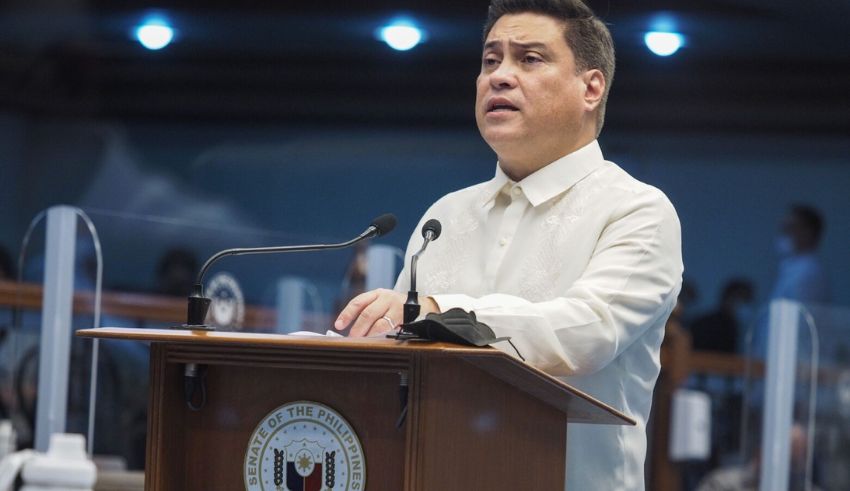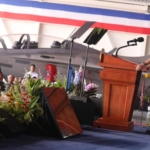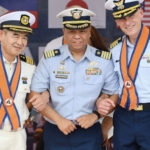
A forward-thinking viewpoint on military education in the Philippines can be seen in Senate President Juan Miguel Zubiri’s support for the ROTC program’s reintroduction and his emphasis on tailoring it to meet modern demands. Zubiri recently stated his support for a “modified” ROTC program that considers cybersecurity and other contemporary military concerns. The proposed legislation aims to restructure the ROTC curriculum to make it more applicable, inclusive, and responsive to the changing national security environment.
Zubiri’s support for the updated ROTC program is based on his involvement. Despite being referred to as a “tisoy na anak mayaman” (an affluent child with nice looks), he gladly discussed his experience with the program, emphasising the critical lessons he learned from surviving difficult physical obstacles and in-depth training. This firsthand insight motivates his dedication to improving the program’s structure and content.
Zubiri acknowledged the problems with the current National Service Training Program (NSTP) Law and provided numerous examples of how students had gotten around their service requirements. He emphasised how the system was flawed since it allowed pupils to pass without showing genuine interest. The NSTP’s flaws are acknowledged, emphasising the need for a more effective and meaningful strategy to promote discipline, civic responsibility, and patriotism among Filipino adolescents.
Zubiri highlights the necessity of adapting to modern difficulties, notably those brought on by modern warfare and the digital age, when arguing in favour of the modernised ROTC program. He imagines a curriculum beyond standard military training exercises and gun handling instruction. One noteworthy suggestion recognises cybersecurity’s critical role in defending national interests by integrating cyber warfare training. This forward-thinking strategy demonstrates Zubiri’s dedication to educating the nation’s future leaders on various challenges and opportunities.
Keep Reading
As president of the Senate, Zubiri supports the senators’ right to vote on the ROTC program’s reintroduction, depending on their conscience. He chose a conscience vote so senators could voice their unique opinions on the problem since he was aware of the possibility of division over the subject. This strategy indicates a dedication to an open and democratic discussion on national security strategies.
The revised ROTC program’s approval by Senate President Juan Miguel Zubiri represents a forward-thinking approach to military education in the Philippines. He has the potential to develop a new generation of Filipino leaders ready to meet various challenges, such as those posed by contemporary warfare and cybersecurity. He has acknowledged the shortcomings of the current NSTP and has a vision for a responsive and inclusive ROTC. Zubiri’s advocacy highlights the significance of rethinking the ROTC program for a more secure and resilient Philippines as the Senate continues its discussions.


























